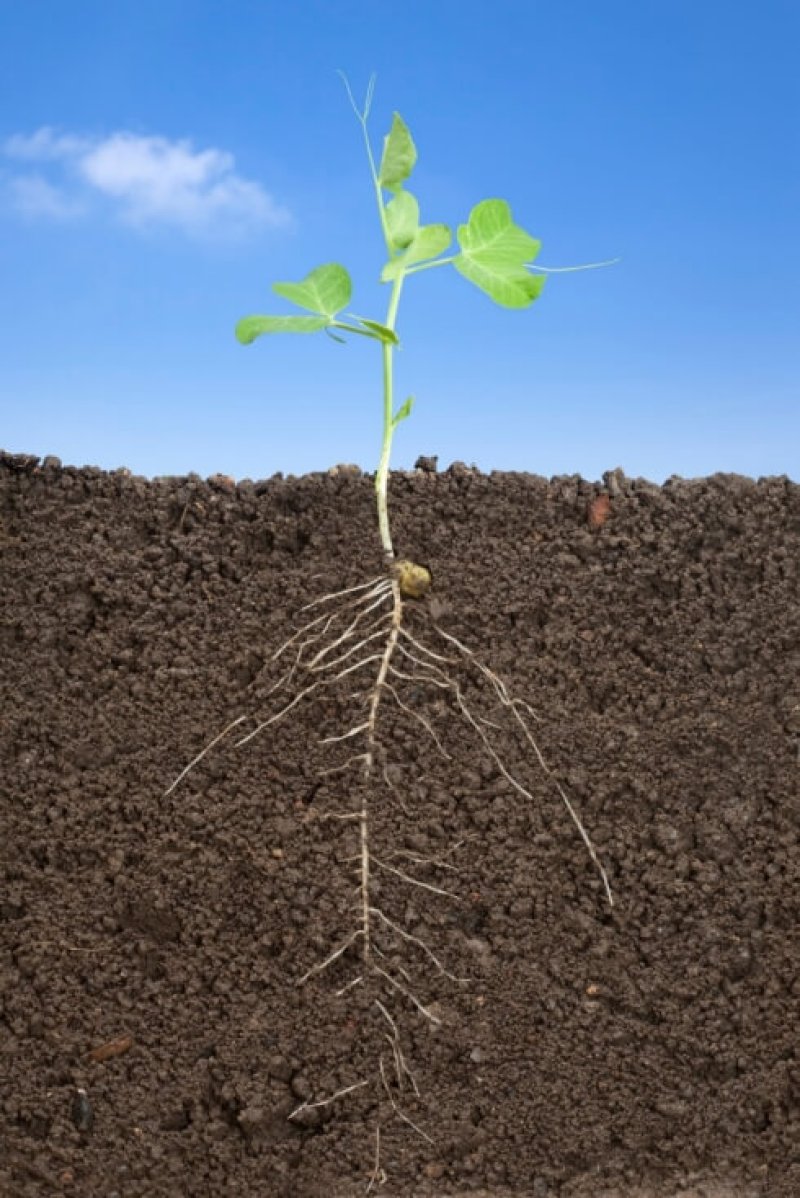Feeding a growing world population amidst climate change requires optimizing the reliability, resource use, and environmental impacts of food production.
One way to assist in achieving these goals is to integrate beneficial plant microbiomes—i.e., those enhancing plant growth, nutrient use efficiency, abiotic stress tolerance, and disease resistance—into agricultural production.
This integration will require a large-scale effort among academic researchers, industry researchers, and farmers to understand and manage plant-microbiome interactions in the context of modern agricultural systems.
Here, we identify priorities for research in this area: (1) develop model host–microbiome systems for crop plants and non-crop plants with associated microbial culture collections and reference genomes, (2) define core microbiomes and metagenomes in these model systems, (3) elucidate the rules of synthetic, functionally programmable microbiome assembly, (4) determine functional mechanisms of plant-microbiome interactions, and (5) characterize and refine plant genotype-by-environment-by-microbiome-by-management interactions.
Meeting these goals should accelerate our ability to design and implement effective agricultural microbiome manipulations and management strategies, which, in turn, will pay dividends for both the consumers and producers of the world food supply.
…
More so than ever before, the tools, technologies, and funding are now in place to tackle fundamental questions in agricultural microbiome research.
The GLP aggregated and excerpted this blog/article to reflect the diversity of news, opinion, and analysis. Read full, original post: Research priorities for harnessing plant microbiomes in sustainable agriculture
For more background on the Genetic Literacy Project, read GLP on Wikipedia































